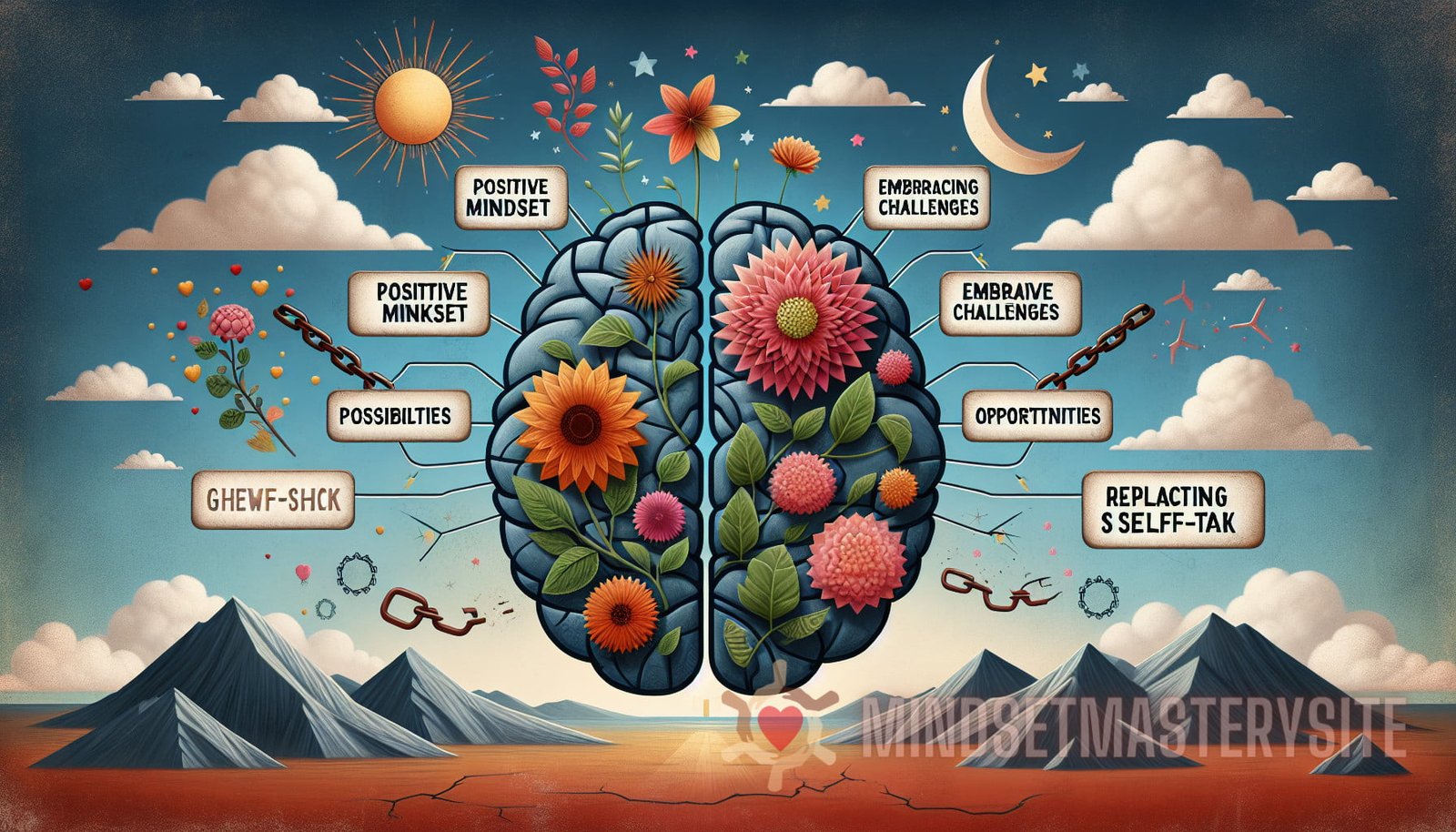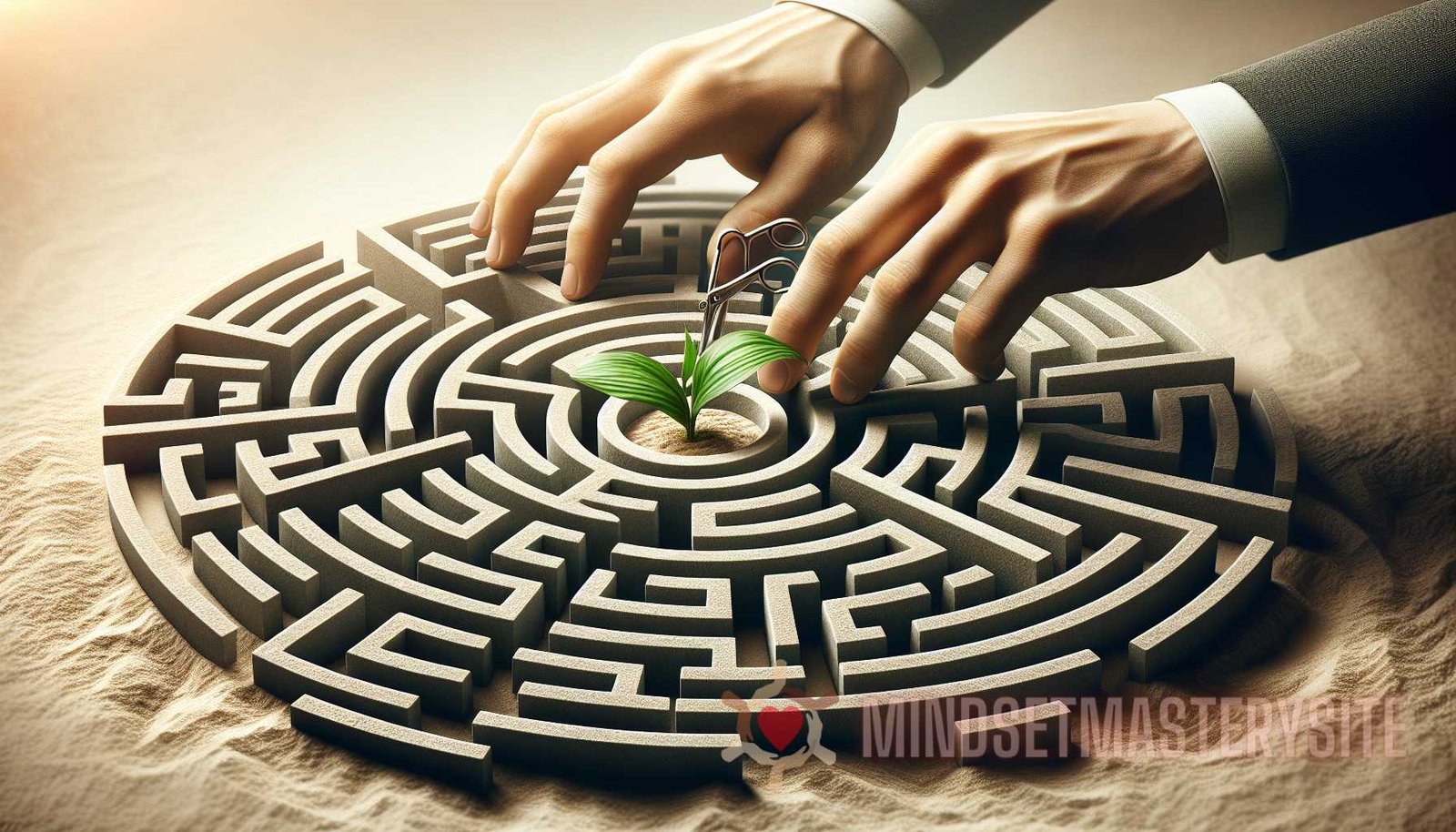Growth Mindset: Understanding the Power of Self-Belief
Embracing the Growth Mindset is a transformative journey that begins with harnessing the power of self-belief. This guide explores the concept of the growth mindset and how it can shape our personal and professional development. By adopting a growth mindset, individuals can unlock their full potential, overcome challenges, and continuously learn and grow. Whether you are a student, a professional, or someone seeking personal growth, this guide provides valuable insights and practical tips to embrace the growth mindset.
What is the Growth Mindset?
The growth mindset is a belief system that emphasizes the idea that intelligence, abilities, and qualities are not fixed, but can be continually developed through effort, learning, practice, and perseverance. Coined by psychologist Carol Dweck, the growth mindset contrasts with the fixed mindset, which believes that abilities and qualities are fixed traits that cannot be changed or improved.
Adopting a growth mindset involves embracing challenges, seeing failures as opportunities for growth, putting in effort to learn and improve, seeking out feedback and constructive criticism, and being inspired by the success of others. It is about cultivating a positive, proactive, and open-minded approach to personal and professional development.
The Transformative Power of Self-Belief
Self-belief forms the cornerstone of the growth mindset. When we believe in our ability to learn, improve, and succeed, we are more likely to embrace challenges, take risks, and persist in the face of setbacks. This self-belief fuels our motivation, resilience, and perseverance.
Research has shown that individuals with a growth mindset are more likely to achieve their goals and reach their full potential. They view failures and setbacks as opportunities to learn and grow, rather than as indicators of their fixed abilities or shortcomings. By embracing the growth mindset and developing self-belief, individuals can unlock their full potential and achieve extraordinary outcomes.
Developing a Growth Mindset: Practical Tips and Strategies

Developing a growth mindset requires intentional effort and practice. Here are some practical tips and strategies to help you embrace the growth mindset:
- Cultivate a positive mindset: Focus on the possibilities and opportunities for growth. Replace negative self-talk and limiting beliefs with positive affirmations and a can-do attitude.
- Embrace challenges: Step outside your comfort zone and take on new challenges. Embrace the opportunity to learn and grow from the experience.
- View failures as learning opportunities: Shift your perspective on failure. Instead of seeing it as a reflection of your abilities, see it as a stepping stone towards growth and improvement.
- Seek feedback and constructive criticism: Be open to feedback from others. Use it as a valuable tool for self-reflection and improvement.
- Practice self-reflection: Set aside time for reflection and self-assessment. Identify areas for growth and development, and create actionable plans to improve.
- Celebrate progress, not just success: Recognize and celebrate your progress along the way. Acknowledge the effort and growth you have made, regardless of the outcome.
- Surround yourself with growth-minded individuals: Surround yourself with people who embrace the growth mindset. Their positive influence and support can help you stay motivated and focused on your growth journey.
The Impact of the Growth Mindset
The growth mindset can have a profound impact on various aspects of our lives, including education, professional development, relationships, and overall well-being. Here are some key areas where the growth mindset can make a difference:
Education:
A growth mindset can significantly impact educational outcomes by promoting a love for learning, resilience in the face of challenges, and a belief in one’s ability to succeed. Students with a growth mindset are more likely to embrace challenges, persist in the face of setbacks, and achieve academic success.

Internal Link: Interested in learning more about the relationship between the growth mindset and education? Check out this article on Growth Mindset: Unlocking New Possibilities in Education.
Professional Development:
A growth mindset is essential for professional growth and development. By embracing challenges, seeking feedback, and continuously learning and improving, individuals with a growth mindset are more likely to excel in their careers and achieve their professional goals. They are also better equipped to adapt to changes, navigate uncertainties, and embrace new opportunities.
Internal Link: To explore more about the impact of the growth mindset on professional development, read this article on Unlocking New Possibilities: The Ultimate Guide to Embracing Growth Challenges.
Relationships:
The growth mindset can also have a positive impact on relationships. By adopting a growth mindset, individuals can foster open communication, empathy, and a willingness to learn and grow together. They are more likely to embrace challenges, resolve conflicts, and support each other’s growth and development.
Overall Well-being:
Embracing the growth mindset can contribute to overall well-being and mental health. By cultivating a positive mindset, viewing failures as learning opportunities, and embracing challenges, individuals with a growth mindset are more likely to experience greater resilience, optimism, and satisfaction in life.
Conclusion
The growth mindset is a powerful tool for personal and professional development. By harnessing the transformative power of self-belief, individuals can unlock their full potential, overcome challenges, and continuously learn and grow. Cultivating a growth mindset requires intentional effort and practice, but the rewards are immense. Embrace the growth mindset and embark on a journey of self-improvement and success.


